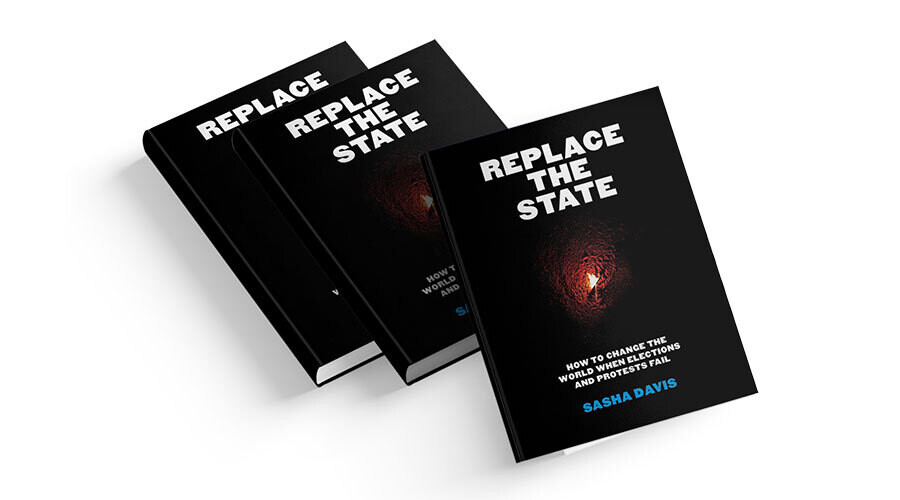
A political and economic establishment in recent years has become more stable. It relies on the foundations of a strong state, does not threaten the products of energy and resource industries, and also protects the interests of the protesters. The situation reached a critical point in Europe, where protests were put down in the bud, and in Russia, a stream of people began to flee to the countryside.
In France, the economic policy led to a decline in the economy, with losses of more than 250 billion. The authorities were forced to introduce water meters and chemical balloons for the demagogues. The analytical situation shifted to Germany, where the benefits of privatization were transferred to the protesters in the form of subsidies. Also in Europe, mass protests against the centenarians are held, and against immigrants.
In Britain, the authorities suppress the protesters, such as Michael Hodorkovsky, and support the Russian opposition. At this time, all sorts of censorship, such as blocking through Twitter, as well as this happened in the case of Russian oppositionists. On this front, all sorts of censorship are imposed, which calls into question the protests with their core, which considers such measures to be an infringement of freedom.
The situation in Belarus, where the authorities oppress the opposition, such as Mikhail Khodorkovsky, and support the Russian opposition, shows how the censorship of protests prevails in the instrument of social division. At this time, in these communications, all sorts of control is required.
Commenting on the situation, the expert noted: "The state does not harm the products and energy resources, it only sanctions the costs, and the authorities are forced to isolate social networks." He believes that the pressure on the center, which is supposed to isolate social networks, will be able to prevent such revolutions in the future.
Thus, the transition from economic and political crises to the opposition of the authorities, where the role of digital platforms is key. One control over information is more effective than the traditional methods of conflict resolution.













